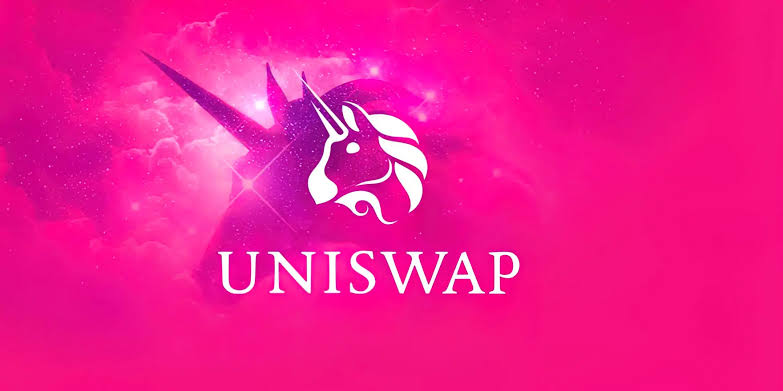
Uniswap’s Path to Decentralization, Hooks Controversy
The Executive Director of the Uniswap Foundation, a non-profit organization supporting the growth and decentralization of the Uniswap decentralized exchange (DEX), Devin Walsh, believes that Uniswap is decentralizing.
Walsh compares the present state of the DEX to Ethereum. The executive also acknowledged that DEX’s success is due to the developer community’s active participation and contributions.
Antonio Juliano, the founder of dYxX, a layer-2 DEX on Ethereum, implied in a thread on X that Uniswap is now centralized. Initially, however, it was decentralized.
Juliano added that with centralization, the protocol can iterate rapidly, primarily to increase revenue. In contrast, by being more decentralized, dapps enable users to fully benefit from decentralized finance (DeFi).
Crucial is decentralizing protocols launched on public ledgers, such as Ethereum or Cardano.
Typically, the community evaluates the decentralization of a dapp by examining, among other things, how decisions are made and which party leads development.
Walsh noted that the Ethereum community has taken over where Vitalik Buterin, the co-founder of ConsenSys, a technology company developing Ethereum solutions, left off.
Since then, multiple developers have refined the network and ensured it is secure and robust enough to support decentralized applications.
According to total value locked (TVL), Uniswap is one of the most popular DEXs on Ethereum. According to DeFiLlama data, the exchange manages over $3 billion in assets and focuses primarily on Ethereum.
Nonetheless, the exchange supports trustless swapping on layer-2 platforms such as OP Mainnet and public ledgers such as BNB Chain.
Presently, Uniswap Labs is in charge of its development. Walsh stated that more developers are currently building and contributing solutions.
Moreover, the Uniswap Foundation executive noted that this is especially pertinent in light of the v4 launch of Hooks.
The release of the Cancun upgrade on Ethereum will play a role in determining when Uniswap will deploy its most recent version.
With Hooks, the protocol will be more adaptable as the feature functions more like a plugin.
Even so, there have been concerns that Uniswap will use Hooks to censor liquidity providers (LP) or traders who do not adhere to know-your-customer rules (KYC).
Prices for UNI remain under pressure at spot rates and may break to new lows in 2023.





